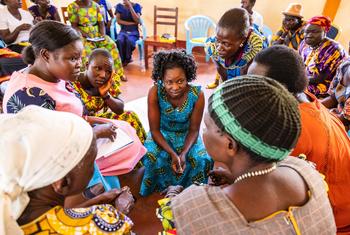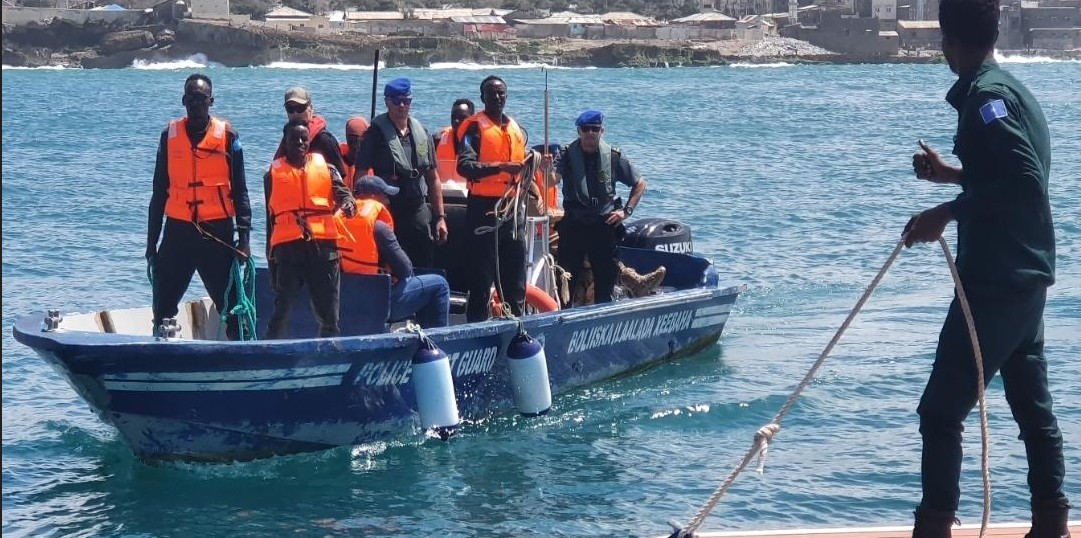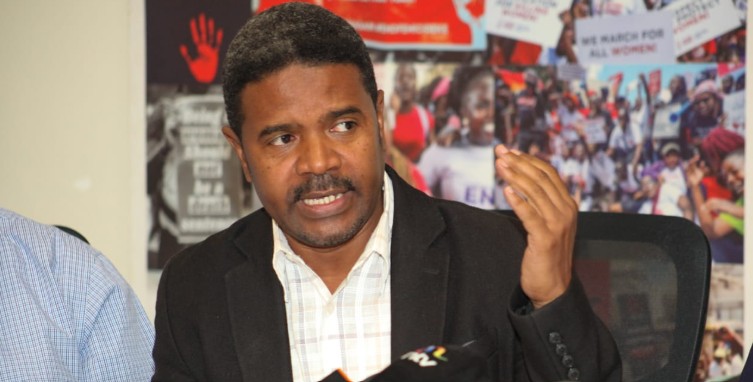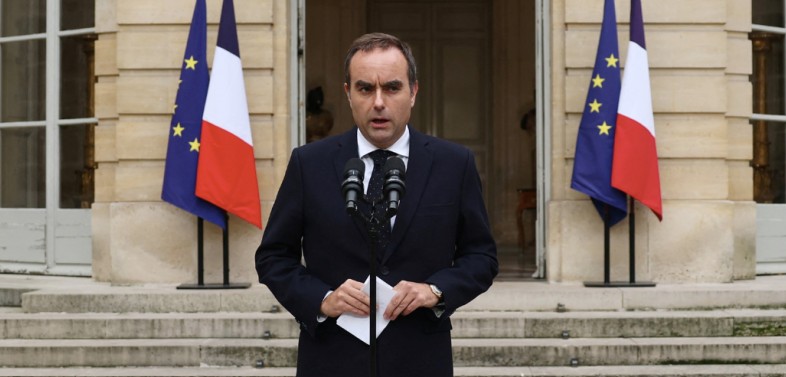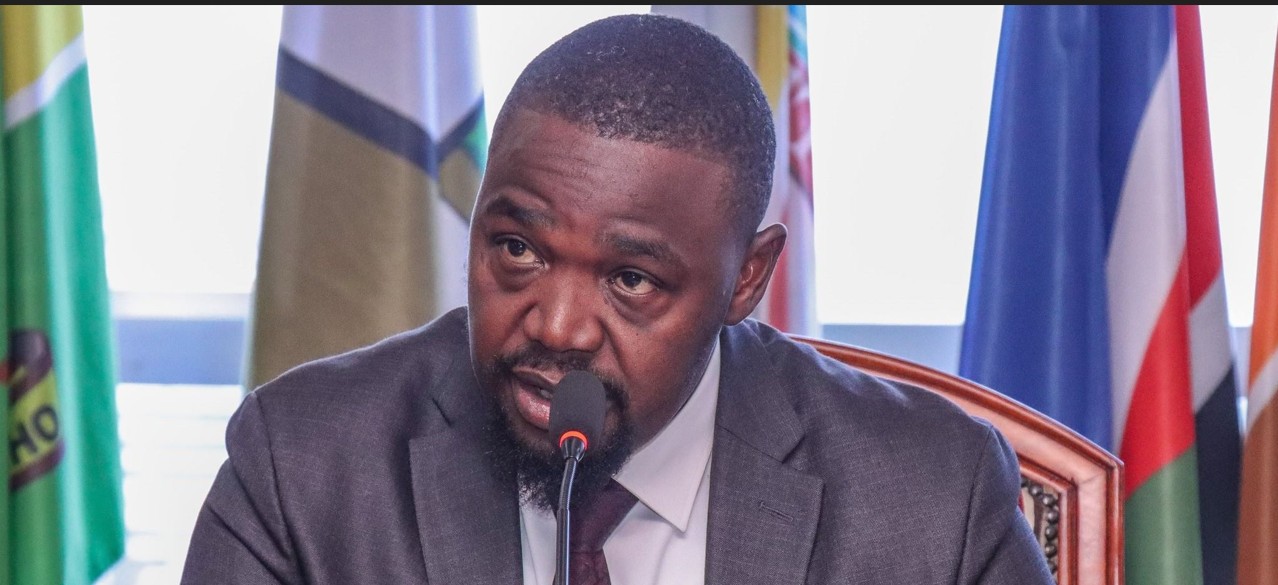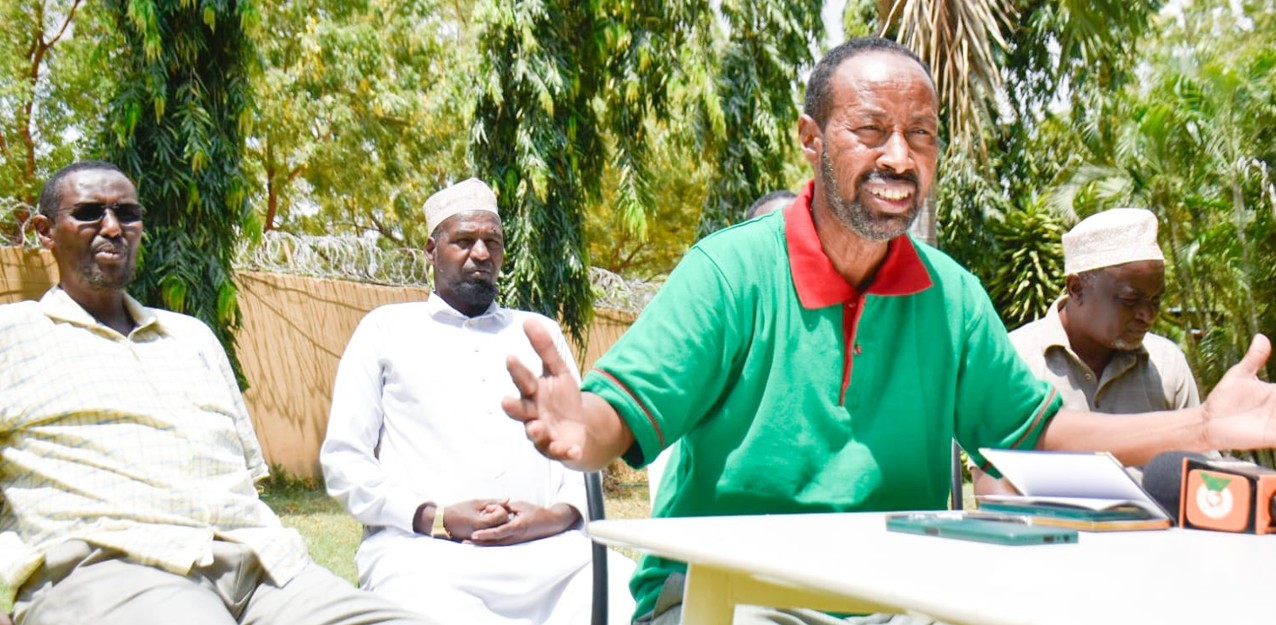Beyond health: Economic toll of FGM in affected countries hit Sh181bn annually

It says the economic burden of FGM is staggering, with the healthcare cost for survivors in prevalent countries reaching $1.4 billion (Sh180.9 billion) every year.
Female Genital Mutilation (FGM) continues to be a widespread and deeply rooted practice in several parts of the world, particularly in countries like Somalia, where the prevalence rate surpasses 90 per cent.
While the immediate focus often centres on the physical and psychological harms inflicted upon survivors, the report by global lender, the World Bank, says there is an equally pressing economic toll that this practice exacts on national economies.
More To Read
- Wajir leaders sound alarm on FGM crisis, call for cultural shift to protect girls
- Scars, blood and silence: The human cost of childbirth in Kenya’s forgotten regions
- UN report: Gains in ending FGM at risk unless Kenya scales up action
- ‘The silence must end': Women senators lead bold campaign against GBV in Mandera
- Sh940m for sanitary towels as state ups GBV, FGM and women empowerment funding
- Cheptumo credits male champions, religious leaders for FGM fight progress, urges sustained partnerships
It says the economic burden of FGM is staggering, with the healthcare cost for survivors in prevalent countries reaching $1.4 billion (Sh180.9 billion) every year.
According to the lender, this immense financial strain places an unsustainable burden on healthcare systems and national budgets, especially in regions already grappling with limited resources such as Sub-Saharan Africa.
"Every year, millions of girls around the world are taken out of school to be forcibly mutilated. This harmful practice robs girls of their childhood, denies them the chance to determine their future, and cripples their ability to enter and remain in the labour force," the lender says.
"Over 230 million girls and women alive today are survivors of FGM, with 44 million being girls under the age of 15. In fact, globally, more than 12,000 girls each day are at risk of female genital mutilation."
It adds that Africa is by far the continent most affected by the issue of FGM, with 80 per cent of known cases.
With its adverse effects, the lender reiterates that FGM does not just harm survivors, families and communities, but also takes a heavy toll on a country's economy.
"This places significant pressure on healthcare systems and national budgets, especially in countries where FGM prevalence exceeds 10 per cent, and even more so in those where the practice is not yet explicitly criminalised."
FGM is internationally recognised as a harmful practice violating women's rights. As such, several international and regional human rights instruments have called on governments to take active measures to prevent it.
In Africa, the Maputo Protocol mandates states to pass laws specifically prohibiting FGM and calls for comprehensive measures, including public awareness campaigns and support services for survivors.
Notably, findings reveal that only 15 out of the 26 economies in Africa have enacted laws criminalising this harmful practice, highlighting a glaring gap in legislation.
In Kenya, Sections 19 and 21 of the Prohibition of Female Genital Mutilation Act criminalise both the practice of FGM within the country and the act of arranging for a person to be taken outside Kenya with the intent of subjecting them to FGM.
Nevertheless, the law stipulates severe penalties including life imprisonment for aggravated cases resulting in death.
Section 29 of the same legislation further holds the individual performing the FGM procedure liable to either criminal or civil sanctions depending on severity.
As a result, the country's FGM prevalence has significantly been reduced to stand at 15 as of 2022, according to the latest figures by the Kenya Demographic and Health Survey.
This is from the high of 38 per cent about two decades ago.
"The enactment of laws and policies addressing FGM have boosted progress toward eliminating this practice," it says.
"A girl alive today is about one-third less likely to be subjected to it than she was 30 years ago."
It however reckons that the progress has been uneven, and it is estimated that if initiatives against FGM are not significantly scaled up, the number of girls and women undergoing FGM will be higher in 2030 than it is today.
It adds that the gains are at risk due to population growth.
Top Stories Today
